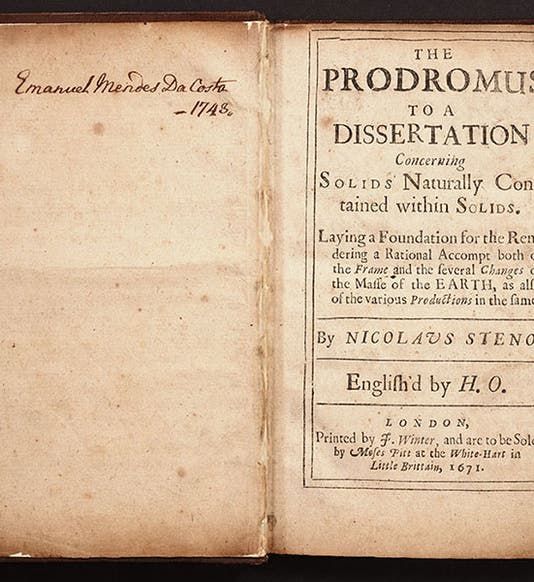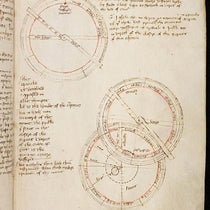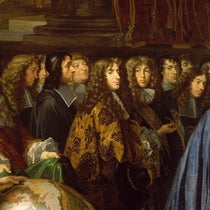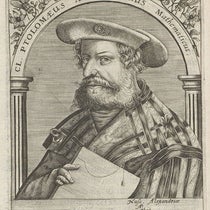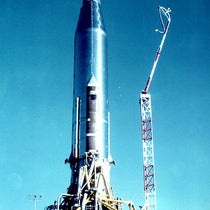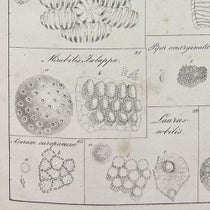Scientist of the Day - Emanuel Mendes da Costa
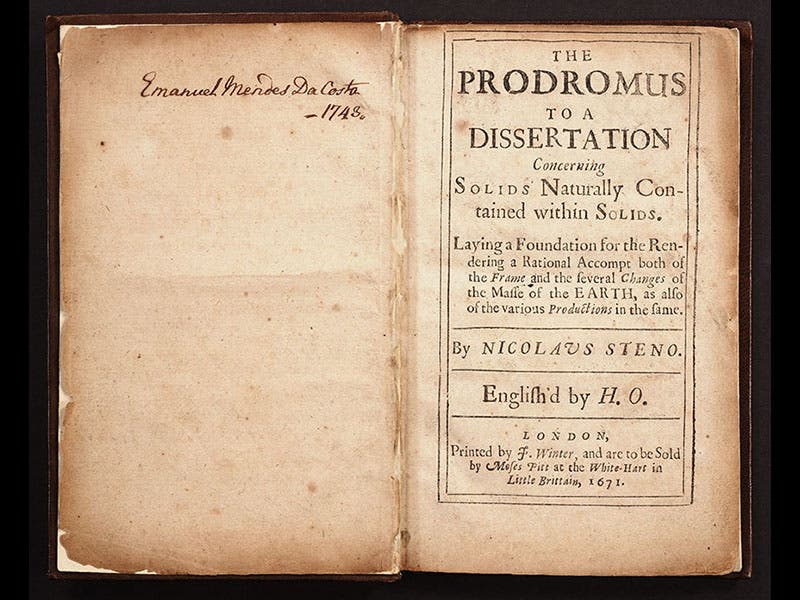
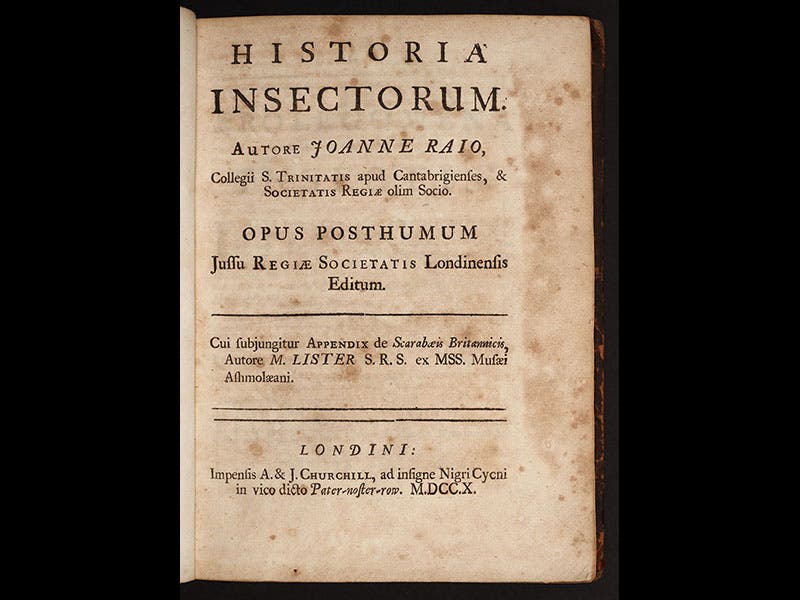
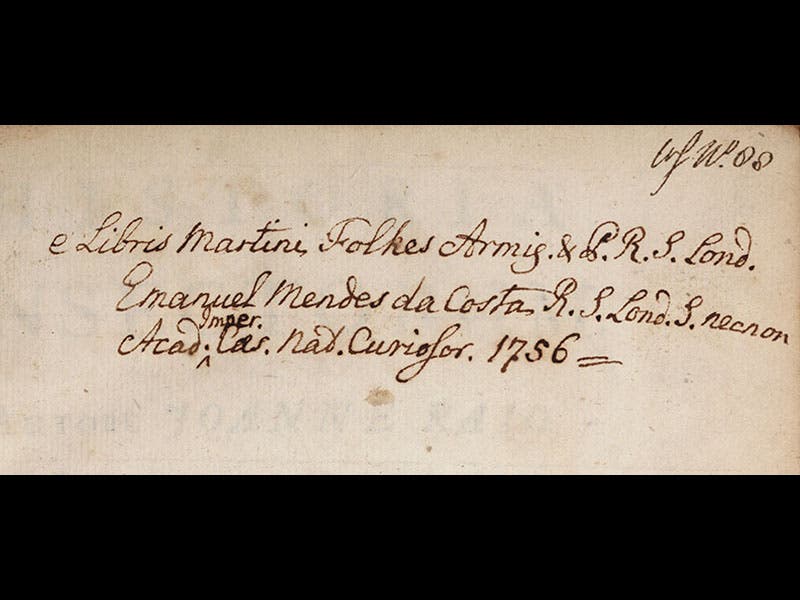
Emanuel Mendes da Costa, an English naturalist and collector, died May 31, 1791. Although born in England (in 1717), his parents were transplanted Portuguese Jews, and he grew up in the Sephardi community in London. He had a passion for collecting, and by sheer persistence, he attracted the notice of patrons like Hans Sloane and the Duke of Richmond, and he was elected to both the Royal Society of London (1747) and the Antiquarian Society of London (1752). He was by all accounts a competent naturalist; he published a Natural History of Fossils in 1757, and became widely known on the continent as an expert on shells and fossils, and as a discriminating collector.
But Mendes da Costa was unlike most of the wealthy Fellows of the Royal Society in that he had no source of income; his once wealthy father had died in poverty. Desperate for funds, Mendes da Costa managed to convince the Royal Society to hire him as its paid clerk in 1763, filling a position that was inaugurated by Edmond Halley in the previous century. Unfortunately, the responsibilities of the clerk had been extended since Halley's day; now the clerk was also expected to be Librarian, Keeper of the Repository and collector of dues and bills. Poor Mendes da Costa could not fulfill his duties, maintain his collections, and stay financially afloat. For four years, no one suspected anything was amiss. Then, in December of 1767, it was discovered that the Royal society treasury was missing some £1500, a tidy sum at the time (the clerkship salary was £50). Mendes da Costa was confronted with the evidence, and he confessed to embezzling the funds. He lost his job, was hauled into court to recover the money, which he didn’t have, having spent it all on collecting, so he had to sell everything he owned, and still ended up spending the next five years in debtor’s prison. It was the greatest scandal in Society history.
We do not have Mendes da Costa's Natural History of Fossils in the Library, but we have several interesting association items--books that Mendes da Costa had in his library and was probably forced to sell. The first is a very scarce book, Henry Oldenburg's translation of Nicolaus Steno's pioneering work of stratigraphy, Prodromus (1671). We display the title page and the facing blank, where Mendes da Costa signed his name and noted that he acquired the book in 1748 (first image). The other work is John Ray's Historia insectorum (1710; second image), which Mendes da Costa also signed and indicated that he had acquired the book from the library of Martin Folkes, who died in 1756 (third image). Folkes was the president of the Royal Society at the time of his death and was instrumental in securing Mendes da Costa's membership in that organization. Fortunately, Folkes did not live to see his protégé go down the long road to poverty and disgrace.
Dr. William B. Ashworth, Jr., Consultant for the History of Science, Linda Hall Library and Associate Professor, Department of History, University of Missouri-Kansas City. Comments or corrections are welcome; please direct to ashworthw@umkc.edu.

